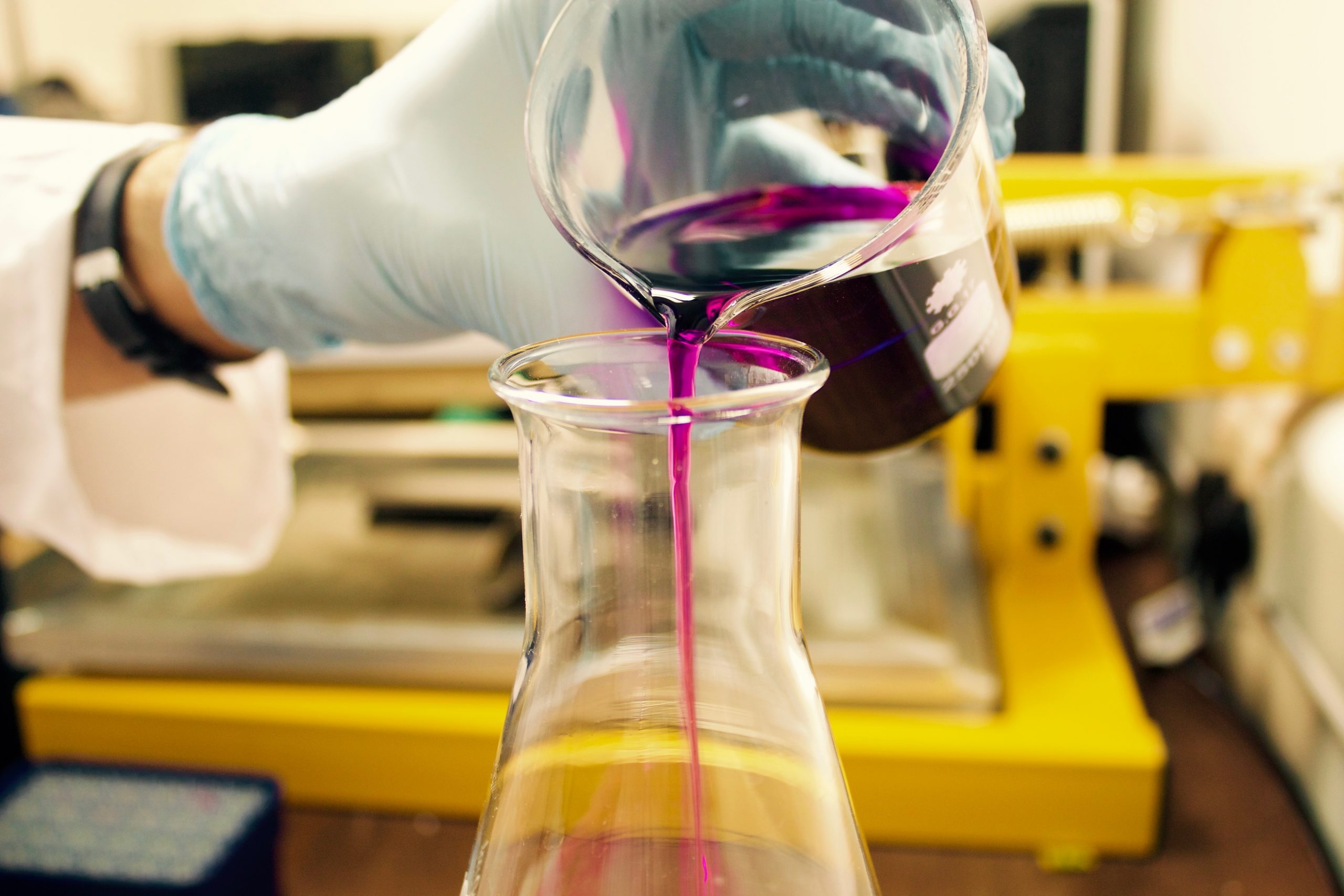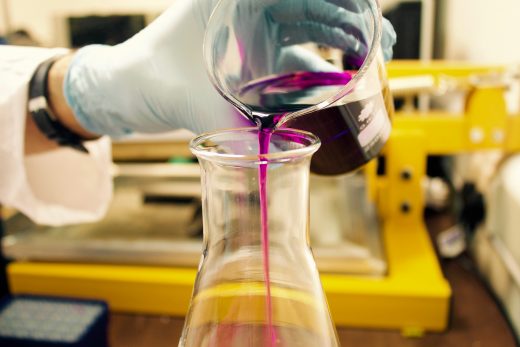Is it Time to Do Some Business Experiments?

We often think of experiments as something we do in the realm of science, but there is a place for experimentation in business, especially when needed to make data-informed strategic and tactical decisions. For example, you are probably familiar with marketing experiments, such as A/B testing for headlines, copy, or creative as a way to determine which option might be better received by the intended audience. Perhaps you do experiments to determine which channels work best for which customers.
If you are part of a company that intentionally “places bets” for strategic initiatives, then the ability to make smarter decisions is imperative to potential success. Controlled business experiments enable you to test your bets, by leveraging data scientists and being ever more data literate.
Innovation can be risky, whether it is changing up how you engage with customers and prospects, the offers you create, or your go-to market strategy. Rather than relying on experience and intuition to test your hypothesis, initiate a business experiment.
How To Apply the Scientific Method to Your Business
The value of an experiment is that it enables you to collect real-world data you can use to achieve greater growth. The scientific method is one approach for making sure your experiments produce valuable, reliable results. Since it may have been a while since you conducted an experiment, let’s quickly recap the best practice steps associated with the scientific method.

How to apply the scientific method to your business
- Form a hypothesis.A hypothesis has an independent variable (the presumed cause) and a dependent variable (the observed effect). For example, a hypothesis around changing your pricing structure for upgrades or renewals might be “Will renewals increase if we offer renewing customers a discount on their products or services?”This step has significant implications on how you will conduct your experiment and what data you will need. As part of this step, you determine what decision(s) you want to make and what question(s) you want to answer. This is also a good time to decide how long you’ll run the experiment.An experiment starts with a question about an observation that is used to formulate a prediction, also known as a hypothesis. A good hypothesis helps clarify what you are trying to achieve or learn.
- Develop a plan to test your hypothesis. Sample sizes, control groups, randomization, and other factors ensure the validity of the test results. The more repeatable the results, the better they will hold up if they challenge internal beliefs or meet with resistance. Secure adequate funding for your experiment and agreement that people will abide by the results at the beginning.
- Execute your plan and monitor the results. Collect the data and combine it into a single, indexed database.
- Analyze your data. Organize and prepare your data for analyses. Focus first on the data that will help you answer your hypothesis. In the analysis phase of your experiment you can draw solid, valuable conclusions and formulate clear answers to your questions. You can either prove or disprove your hypothesis and generate recommendations. A key part of data analysis is discerning patterns relevant to your question and recognizing when those patterns are not germane.

The point of an experiment is to learn something new. Within the context of business, this could be new insights regarding pricing, positioning, strategy, and more. While we’re all becoming more proficient at modeling and predictive analytics, there is still a place for experimentation. Business experiments can provide fast insight into how people will react or respond to changes.
If improving business performance remains a priority for your organization, we hope you’ll consider the merits of experimenting. Need help exploring how you can benefit from experimentation? Let us show you how you can best use the data you have to develop and implement experiments to help you get the results you want.
Business & Finance Articles on Business 2 Community
(23)


